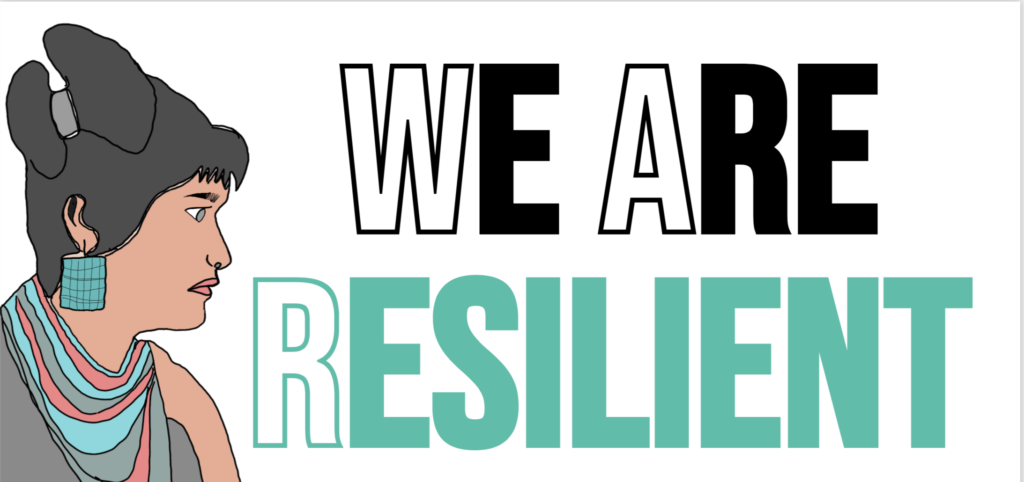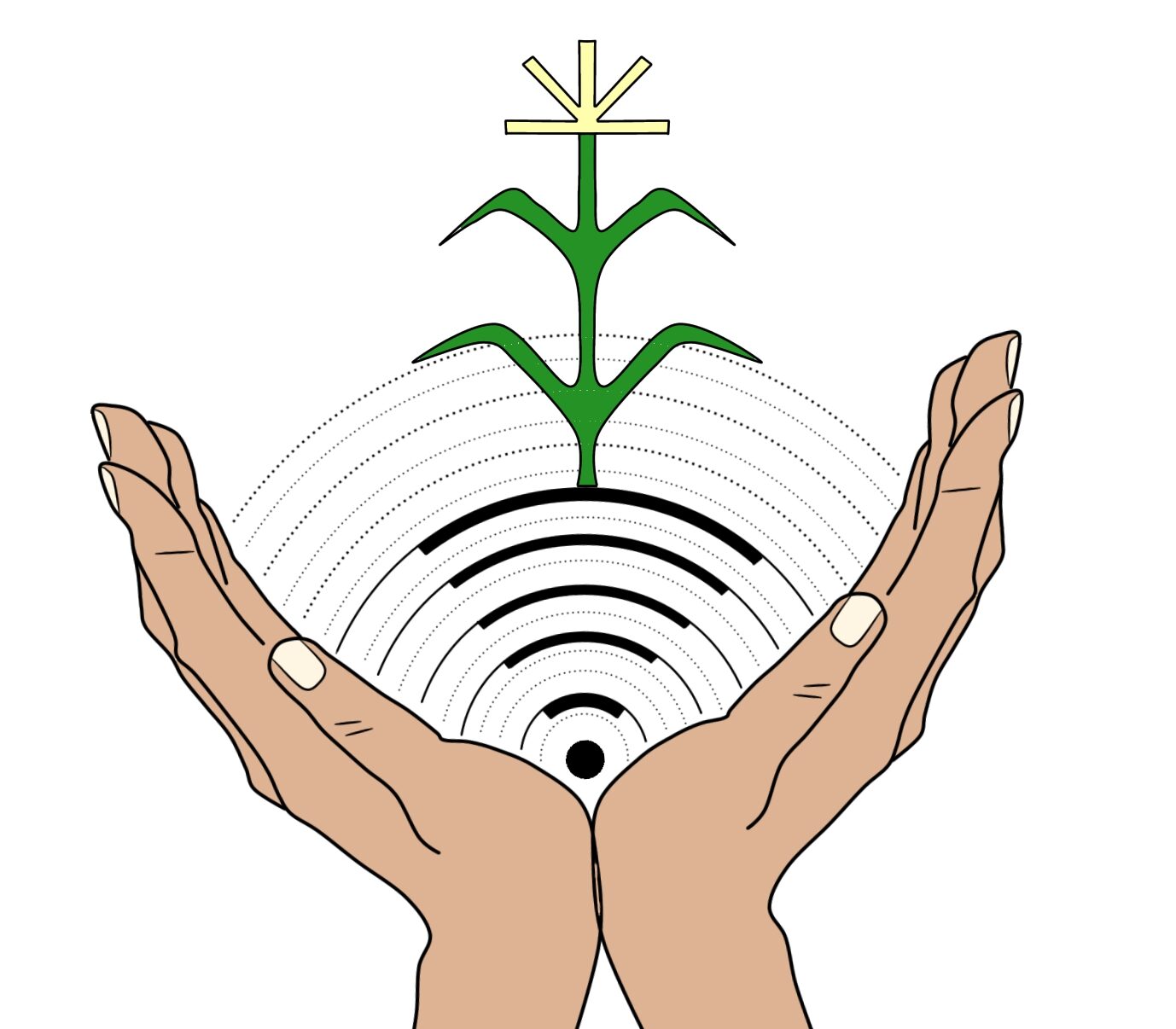The purpose of the proposed project is to create a community partnership with representatives from the Hopi Tribe and implement community-based research practices to identify risk and protective factors informing the cultural well-being and mental health of Native American youth, including those with SLD, residing within the Hopi Tribe reservation during the COVID-19 pandemic. To accomplish this purpose there are three specific phases of the project.
In Phase I, the NAU project team will facilitate meetings with the Hopi Opportunity Youth Initiative (HOYI) project staff to build a collaborative partnership. The purpose of the partnership is to engage in meetings and develop activities that contribute to accomplishing Phases II & III. The partnership has already begun with meetings occurring at least once monthly since January 2020.
In Phase II, the project team will conduct secondary data analysis of de-identified survey data for the two surveys titled “Self-Harm/Suicide Peer Survey” and “Cultural Well-Being Survey”. As part of the secondary data analysis, the project team will review the survey protocol questions to answer the question, what is the intent of the survey, and what do we intend to learn from the data? With the purpose of the survey identified, we will then analyze the data for demographic characteristics of the respondents and implement qualitative methods to thematically code responses. Multiple team members will complete the thematic coding of the data and engage in interrater cross-checking to support the reliability of findings. A completed report of the findings will be provided to the HOYI project staff will be the final outcome of this first activity, thus accomplishing Phase II. (This activity has been approved by the NAU IRB as non-research)
In Phase III, consent will be required from youth participants with and without SLD to engage in three data collection activities. Individuals with SLD as defined by IDEA, is not considered a cognitive impairment as defined by Oruche (2011). Through the IDEA, Oruche’s definition would be categorized as an “intellectual disability” (formerly known as mental retardation) and or “emotional disturbance”. During consenting, potential participants will be screened to ensure they are not experiencing a “cognitive impairment”, “intellectual disability”, and or “emotional disturbance” to ensure that the participants’ ability to provide assent/consent is not impaired by their disability. During the consenting process for youth under age 18, the youth will be encouraged to clarify any questions with their parent or the researcher to mitigate the risk of undue influence. Upon consenting, data collection activities will ensue.

Interested in being a participant?
We are looking for youth ages 14-26 living in the Hopi/Tewa community who are interested in sharing their stories of resilience, identity, and mental health during the COVID-19 pandemic.
Contact Darold Joseph at
928-380-8608 // darold.joseph@nau.edu
